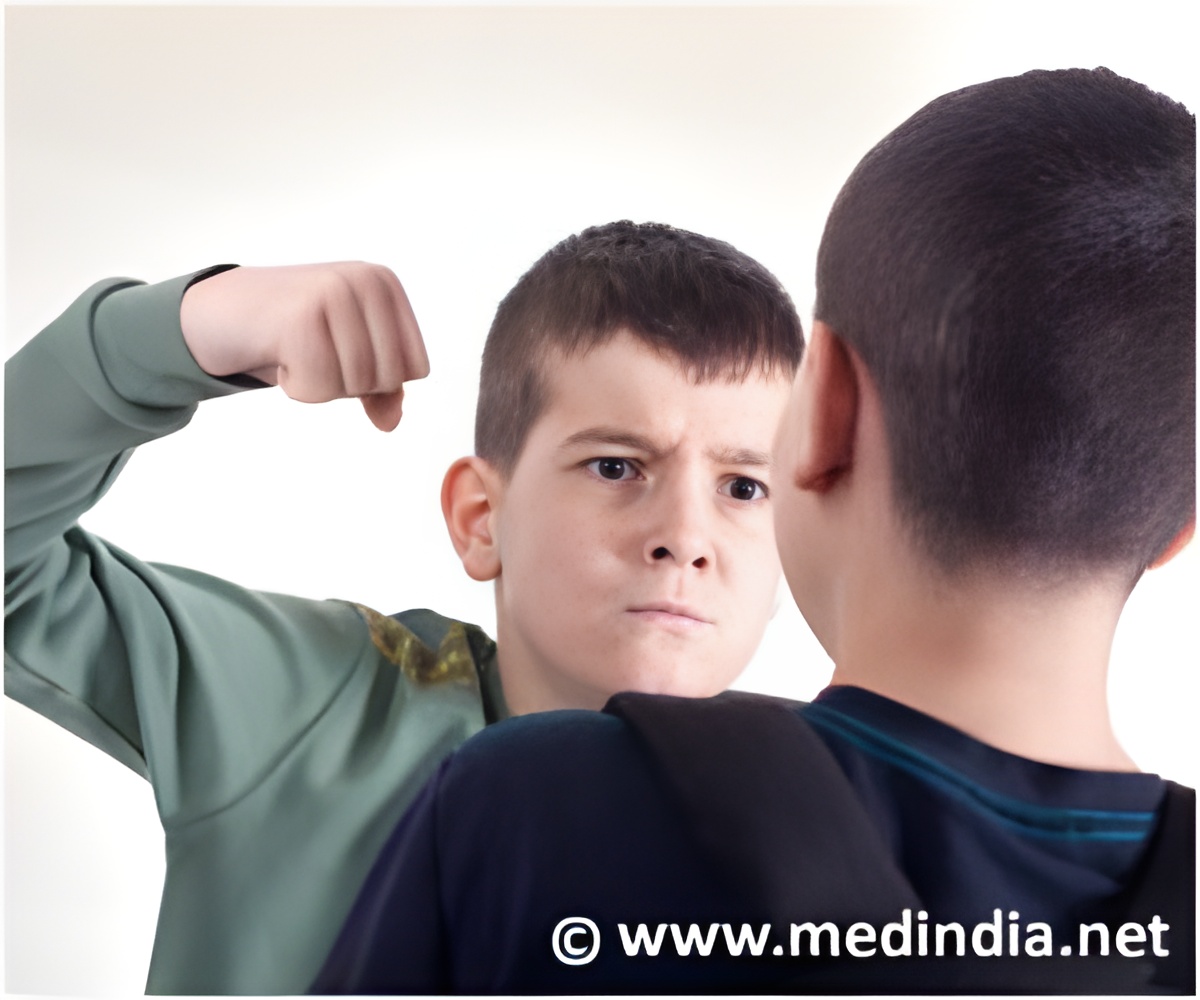
‘Children who experienced severe bullying were twice as likely to report depression or low moods at age 15 compared with those who experienced low or no bullying at all.’
Tweet it Now
"Those children were at greater risk of debilitating depressive/dysthymic symptoms or anxiety and of suicidality in adolescence than less severely victimized children, even after we accounted for a plethora of confounders assessed throughout childhood."The study looked at data from the Quebec Longitudinal Study of Child Development on 1363 children born in 1997/98 who were followed until age 15 years.
Researchers assessed children, based on self-reporting about peer victimization, at ages 6, 7, 8, 10, 12 and 13 years. Participants came from a range of socioeconomic backgrounds, family structures, with slightly more females (53%) than males. They were categorized into none/low victimization, moderate victimization and severe victimization.
Children who experienced severe peer victimization were more than twice as likely to report depression or low moods at age 15 compared with those who experienced low or no victimization, and 3 times more likely to report anxiety. Most troubling, the severe victimization group was almost 3.5 times more likely to report serious suicidal thoughts or suicide attempts compared with the none/low group.
Children who experienced moderate victimization were not at increased risk of reporting mental health problems. About 59% of participants had experienced some peer victimization in the first years of elementary school, although it generally declined as the children grew older.
Advertisement
"Our results, along with those of many other studies, suggest that severe peer victimization may contribute to the development of mental health problems in adolescence. Therefore, it is important to prevent severe victimization early in the lifespan," they say.
Advertisement










